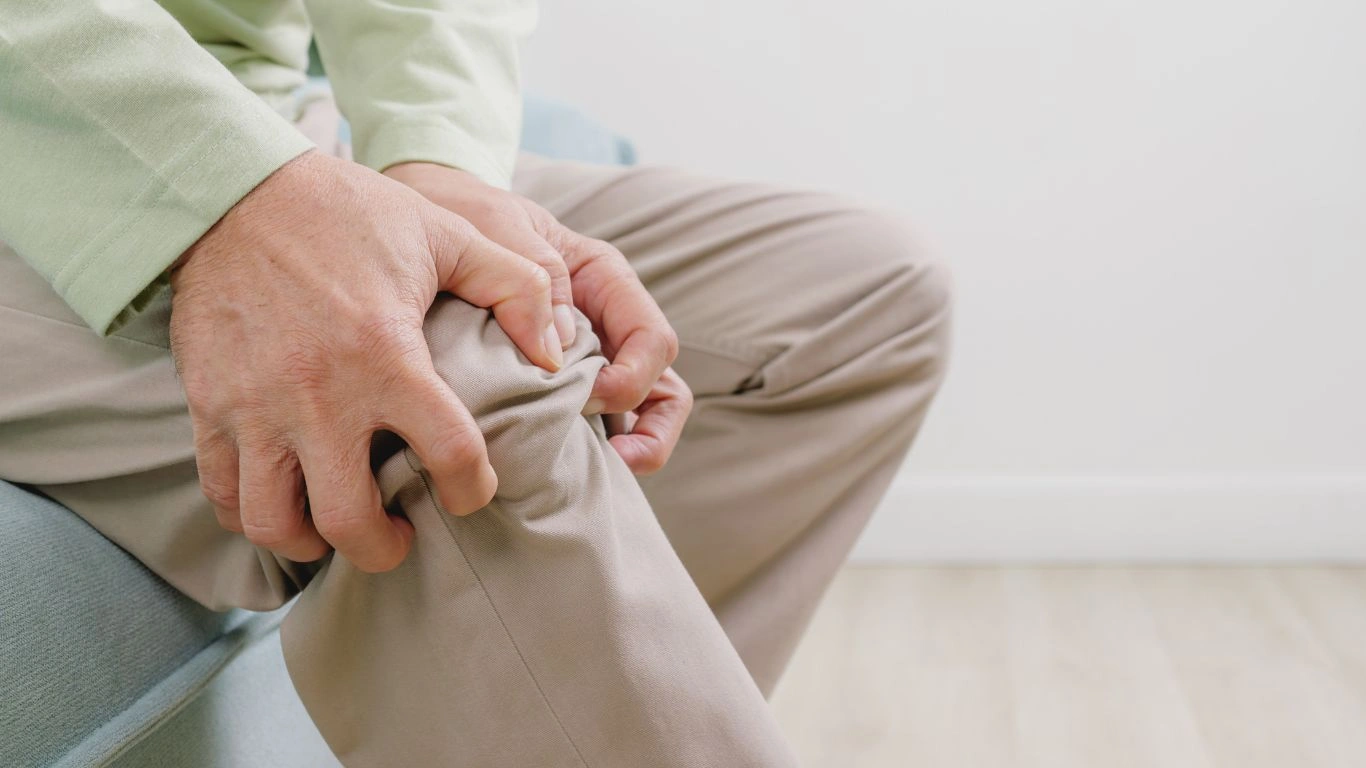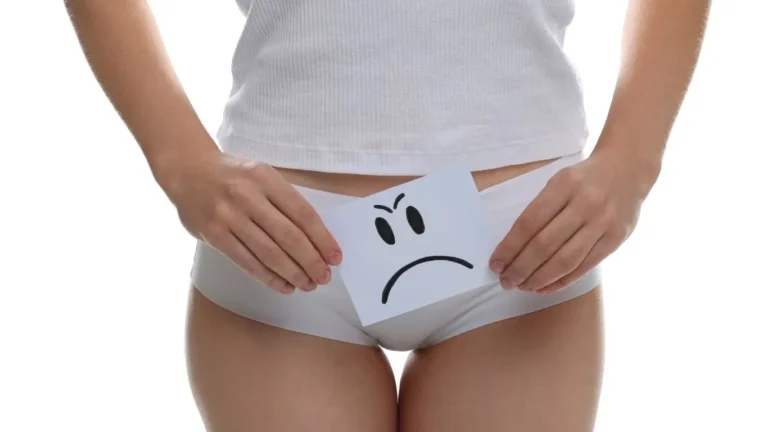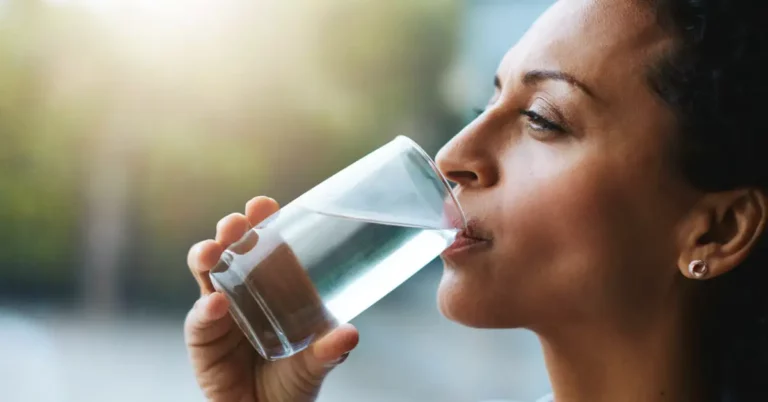Can Rheumatoid Arthritis Cause Facial Swelling? Surprising Facts
Can rheumatoid arthritis cause facial swelling? It’s a question I hear more often than you’d think. As a rheumatology nurse practitioner, I’ve had patients come in worried about puffiness in their cheeks or swelling around their eyes, wondering if it’s related to their RA or something else entirely. And I get it — when something affects your face, it feels especially personal and alarming. Facial swelling isn’t the most talked-about symptom in RA brochures, but trust me, it’s not as rare as you might think.
Understanding Rheumatoid Arthritis Beyond the Joints

We usually think of rheumatoid arthritis (RA) as just joint pain — those stiff, swollen fingers in the morning or aching knees that make climbing stairs a chore. But RA is a whole-body autoimmune disease. That means it doesn’t always play by the rules and can show up in places you wouldn’t expect — like your skin, lungs, eyes, and yes, even your face.
One patient I remember vividly came in thinking she had a sinus infection because her cheeks were swollen and tender. After ruling out infections and dental issues, we dug deeper into her RA history. Sure enough, it turned out to be linked to her condition. That’s when it really hit me — we need to talk more openly about how RA presents in ways that aren’t in the textbook.
How RA Can Lead to Facial Swelling
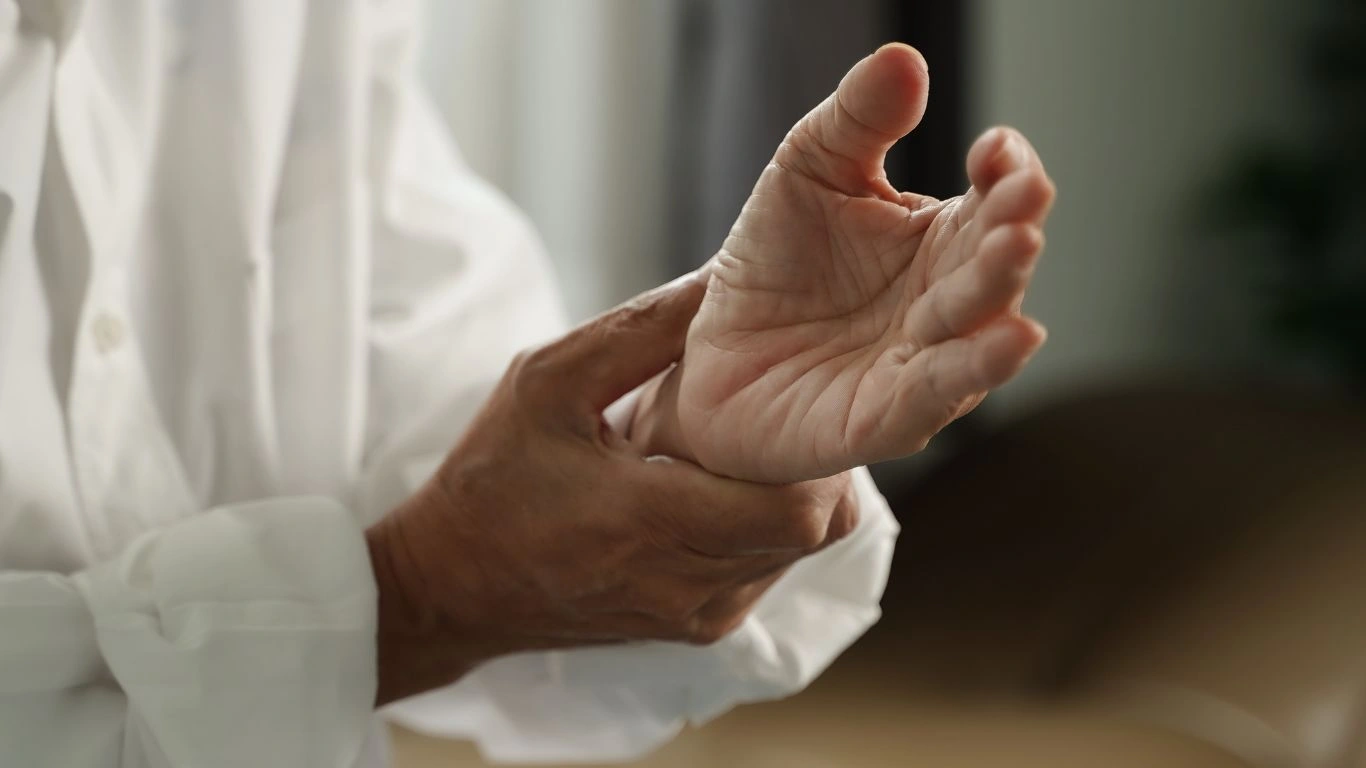
1. Inflammation of Facial Joints
While it’s less common than inflammation in the hands or knees, the temporomandibular joint (TMJ) — that’s the joint that connects your jaw to your skull — can be affected by RA. When it flares up, it can cause:
- Swelling around the jawline
- Pain or difficulty opening your mouth
- Facial puffiness, especially in the mornings
I had a patient who told me she couldn’t eat her morning toast because her jaw was too stiff. Turns out her TMJ was inflamed. She was relieved to know it wasn’t something more serious — and that we could treat it just like other RA flares.
2. Medication Side Effects
This is a biggie. Some medications we use to manage RA — particularly corticosteroids like prednisone — can lead to what’s called “moon face.” It’s a rounder, puffier facial appearance caused by fluid retention and fat redistribution. While it’s not painful, it can be distressing. I’ve had folks ask me if they were allergic to their meds, but really it’s just one of those pesky side effects we have to balance with the benefits.
- Prednisone: Often causes noticeable puffiness after extended use
- Biologics: Rarely, some can cause fluid retention as a side effect
Here’s a tip from my experience: If you notice facial swelling and you’ve recently started or increased your steroid dose, don’t panic. Talk to your provider — we can often adjust the dose or timing to help minimize the effect.
3. Secondary Conditions and Infections
RA can also increase your risk of infections due to immune suppression from both the disease and the medications. Sinus infections or even cellulitis can cause facial swelling. What makes this tricky is that people with RA might not spike a fever or show the usual signs, making diagnosis a bit harder.
Watch out for these signs:
- Redness or warmth on one side of the face
- Swelling that’s painful or rapidly worsening
- Fever or general malaise
If you’ve ever had a weird swollen spot that just didn’t seem “typical,” you’re not alone. And yes, sometimes it turns out to be a surprise infection. That’s why staying in close touch with your healthcare team is so important when you’re managing RA.
Why It’s Important to Take Facial Swelling Seriously

Here’s the thing — any new or unexplained swelling deserves attention. Your face is packed with lymph nodes, blood vessels, and soft tissue that can all react to inflammation. Ignoring changes like swelling can delay treatment and worsen outcomes. As someone who’s seen RA patients go from mild flares to full-blown complications in just days, I can’t stress this enough: if something feels off, trust your gut and speak up.
And don’t let anyone brush it off as vanity. Facial swelling affects your comfort, your self-esteem, and in some cases, your ability to eat, talk, or see properly. It’s not “just cosmetic” — it’s medical, and it matters.
When Should You Worry About Facial Swelling?

Alright, let’s break it down — because I know it can be tricky figuring out when to call your provider versus when to just ice it and wait it out. In my clinical experience, the key is pattern recognition. If your facial swelling comes and goes, seems tied to RA flares, and isn’t terribly painful, it might just be part of the autoimmune puzzle. But if the swelling is persistent, one-sided, red, or tender to the touch — that’s not something to ignore.
Here’s what I tell my patients:
- If the swelling affects your vision or breathing — call immediately.
- If you feel feverish, dizzy, or have facial pain — get evaluated. It could be an infection.
- If you recently started a new RA med — swelling might be a side effect or reaction.
- If it’s symmetrical, painless, and worse in the morning — it might just be RA inflammation.
I had one woman who thought her face looked a little “off” but brushed it off for a few weeks. When she finally came in, she had a mild case of cellulitis that we caught just in time. Trust your instincts. Your body’s trying to tell you something.
The Role of Diet, Stress, and Sleep in Facial Inflammation
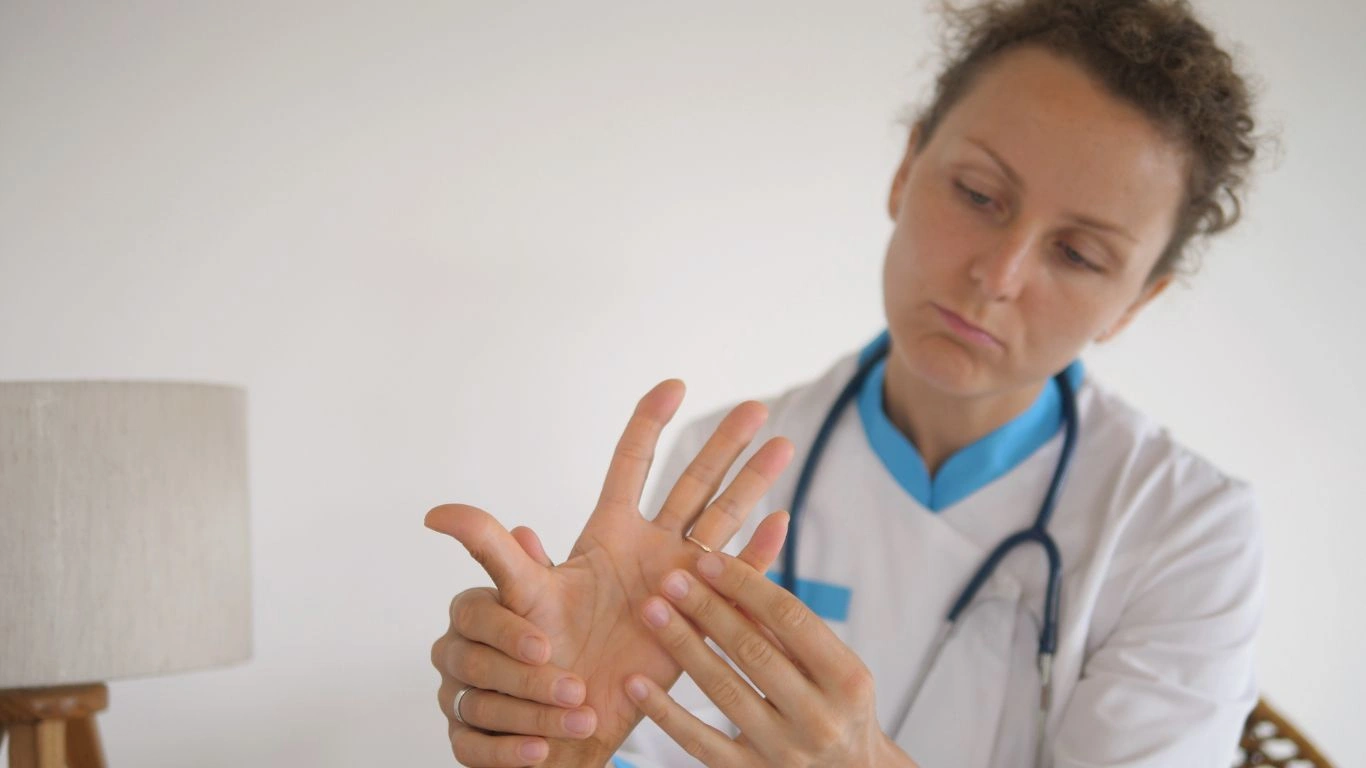
Let me pull from my own life here — I remember going through a super stressful month a few years back. I was eating like garbage (hello, takeout every night), barely sleeping, and just generally burnt out. Even though I don’t have RA, I woke up one day with a puffy, tired face. For folks with RA, that kind of stress storm can trigger a full-on flare — and yes, that includes facial swelling.
So what helps? It’s not just about medications (though they’re obviously critical). We also have to look at lifestyle:
1. Anti-Inflammatory Foods
You’ve probably heard this a million times, but what you eat seriously matters. I’ve had patients reduce swelling just by adjusting their diets. Here are some go-to foods:
- Omega-3s (salmon, flaxseed, walnuts)
- Leafy greens like spinach and kale
- Turmeric — and not just in pill form. I love adding it to soup!
And hey, I’m not the food police. I always tell people: don’t aim for perfect. Aim for better.
2. Hydration and Salt
Facial puffiness can also sneak in from something as simple as high sodium intake — and RA patients are often more sensitive due to meds like steroids. I always suggest cutting back on salty snacks and making water your best friend, especially during flare season.
3. Rest and Stress Reduction
Yep, easier said than done — I get it. But even short walks, deep breathing, or a 10-minute yoga stretch can calm that stress response that fuels inflammation. One of my patients swears by 5-minute mindfulness sessions during her lunch breaks, and she noticed fewer flare-ups (and less facial swelling!) after a few weeks.
Can Rheumatoid Arthritis Cause Facial Swelling During a Flare?
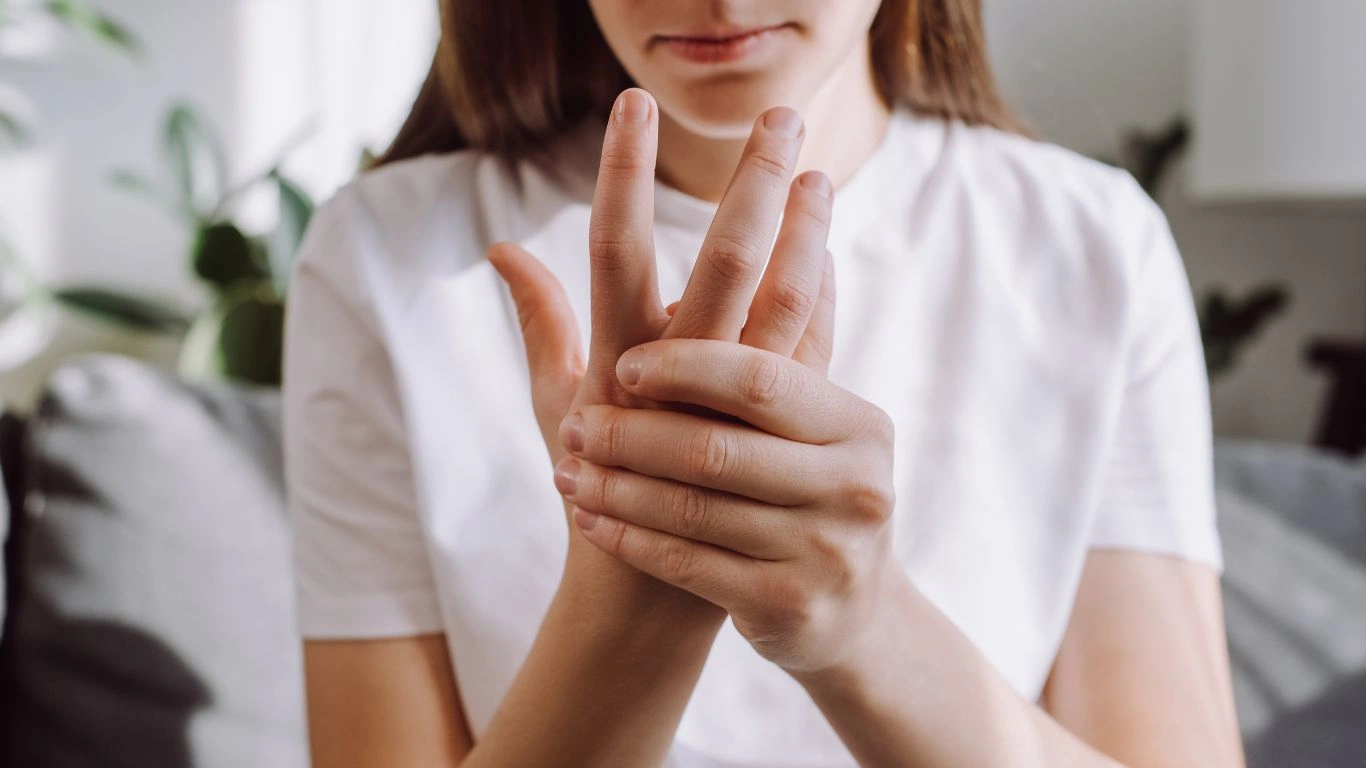
Absolutely. This is where things get a little more direct. During an RA flare, your immune system goes into overdrive, and inflammation can spike anywhere — not just in your hands or knees. And yes, that includes your face.
I’ve seen facial swelling appear:
- Right after a bad night of sleep and stress
- During sudden changes in medication
- When flares extend beyond joints and into connective tissues
RA-related flares can even affect the parotid glands (salivary glands near your cheeks), especially in folks who also have secondary Sjögren’s syndrome. It’s not uncommon for someone to come in thinking it’s mumps — and nope, it’s an autoimmune response.
That’s why managing RA is about more than just treating pain. It’s about understanding how complex and unpredictable this disease can be. Even after years in practice, RA still surprises me. It keeps me humble, honestly.
Tips for Managing Facial Swelling With RA

Let’s wrap this section up with some practical strategies I’ve shared with my patients — and even used myself when my face feels puffy from stress or a salty dinner:
- Cool compresses — especially around the jawline or under the eyes
- Gentle lymphatic massage — you can find videos online or ask a PT familiar with RA
- Sleep with your head slightly elevated — helps reduce fluid retention
- Track your symptoms in a journal or app — patterns often reveal what’s triggering the flares
And my biggest piece of advice? Don’t suffer in silence. If facial swelling is affecting your quality of life, don’t brush it off. You deserve to feel heard and supported — even if it’s something that seems small to others.
Working With Your Rheumatologist on Facial Swelling
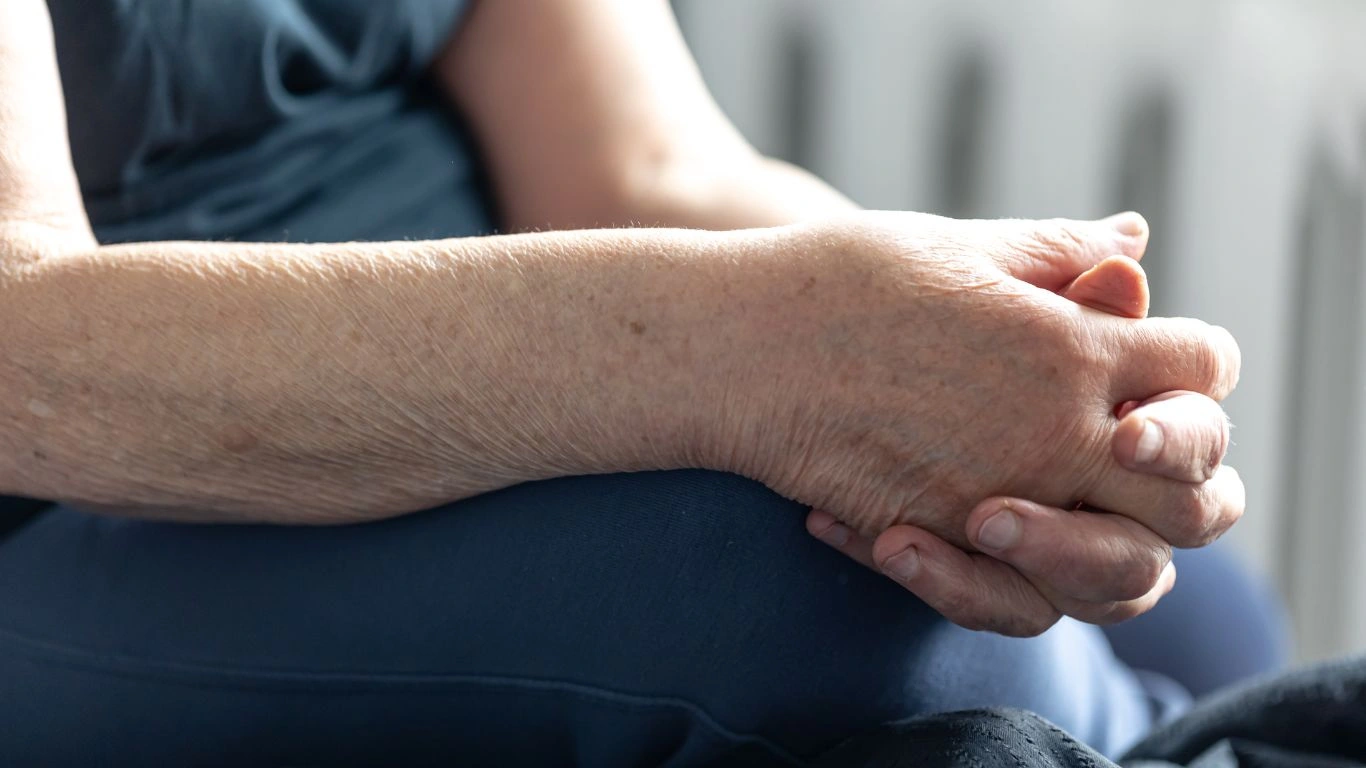
If you’re dealing with persistent or unexplained facial swelling and you have RA, your rheumatologist needs to be part of that conversation. It might feel awkward bringing up facial puffiness — especially if your joints are also flaring — but trust me, it’s all connected. As a nurse practitioner, I’ve sat in many appointments where the patient hesitated to mention facial symptoms until the very end. And sometimes, those turned out to be the most important clues.
Here’s what I recommend asking during your visit:
- Could this facial swelling be related to my RA or a medication side effect?
- Are there imaging tests or blood work that could help figure this out?
- Should I see a specialist, like an ENT or allergist?
- Would adjusting my RA treatment help reduce the swelling?
Remember — you’re the expert on how your body feels day-to-day. Your healthcare provider is there to help interpret and guide, but they can’t always see what you’re feeling unless you speak up.
Other Possible Causes You Shouldn’t Overlook
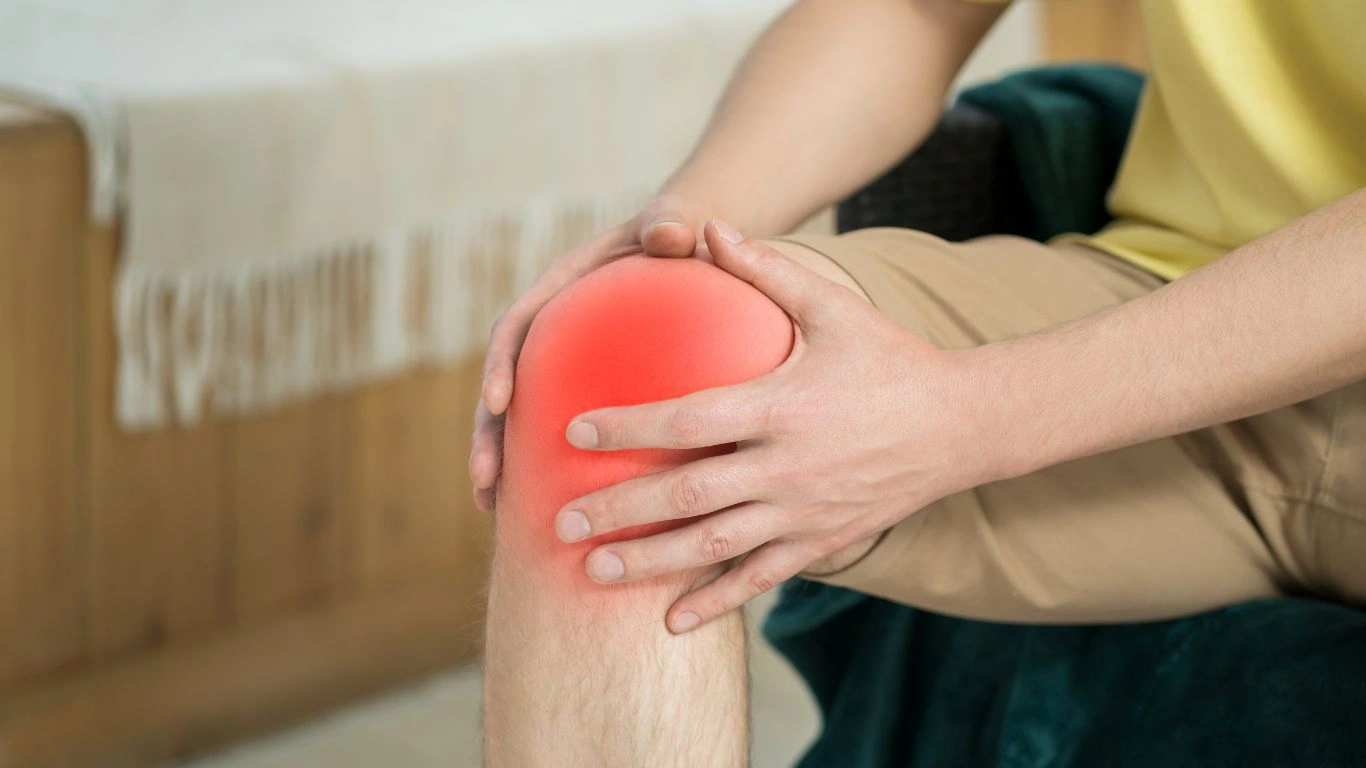
Even though rheumatoid arthritis can cause facial swelling, it’s not the only potential culprit. In fact, I’ve had patients come in convinced it was their RA — only to find out it was something totally different. That’s why we always take a full health history and look at the big picture.
Common Conditions That Mimic RA-Related Swelling:
- Sinusitis: Can cause swelling under the eyes or around the cheeks
- Allergic reactions: Food, medications, or even seasonal allergies can cause facial puffiness
- Kidney problems: Especially if the swelling is more prominent in the morning and around the eyes
- Thyroid issues: Hypothyroidism can sometimes lead to a puffy face
I once had a young woman who came in for suspected RA flare with facial swelling — turned out she had undiagnosed hypothyroidism. Treating that made a world of difference. It just goes to show how complex and interconnected the body is.
Emotional Impact: Let’s Talk About the Human Side
Okay, let’s get real for a sec — because living with RA is already emotionally tough. Add visible facial swelling, and it can seriously take a toll on your confidence. I’ve had patients cancel outings, skip video calls, and even avoid mirrors on bad days. And I get it. It’s not just about vanity — it’s about feeling like yourself.
One of my patients said to me, “It’s hard enough fighting this disease. I don’t want to look sick too.” That hit me hard. So we worked together — not just on medications, but also on lifestyle tweaks and supportive therapy to help her feel more in control.
If you’re feeling overwhelmed by how RA affects your appearance, talk to someone. Whether it’s a therapist, support group, or trusted friend, don’t carry that alone. And if you’re comfortable, bring it up with your rheumatology team — we do care, and we want to help you feel whole, not just “treated.”
Living Well With RA (Yes, It’s Totally Possible)
Managing rheumatoid arthritis isn’t about chasing a cure — it’s about learning how to live well with it. That includes recognizing symptoms like facial swelling as valid and worthy of attention, even if they’re not the classic textbook signs.
From my years in practice, here are a few final thoughts I share with every RA patient:
- Be your own best advocate. You know your body best.
- Track your symptoms — even the weird or “small” ones like puffiness.
- Don’t underestimate lifestyle changes. They’re not fluff — they’re powerful.
- Ask questions. Ask again. And keep asking until you understand.
It’s not always easy. But with the right support, treatment plan, and self-awareness, you can navigate RA — facial swelling and all — without letting it take over your life. I’ve seen it happen. I’ve helped make it happen. And I believe it can happen for you too.
References
- National Institutes of Health (NIH)
- Health.com
- Centers for Disease Control and Prevention (CDC)
- Mayo Clinic
Disclaimer
This article is intended for informational purposes only and is not a substitute for professional medical advice, diagnosis, or treatment. Always consult your rheumatologist or healthcare provider with any questions you may have regarding a medical condition. The information shared here is based on clinical experience and should not be taken as personalized medical guidance.

Tarra Nugroho is a dedicated Nurse Practitioner with a strong foundation in family and preventive care. She brings both compassion and clinical expertise to her practice, focusing on patient-centered care and health education. As a contributor to Healthusias.com, Tarra translates medical knowledge into clear, empowering articles on topics like women’s health, chronic disease management, and lifestyle medicine. Her mission is simple: help people feel seen, heard, and informed—both in the clinic and through the content she creates. When she’s not caring for patients, Tarra enjoys weekend hikes, plant-based cooking, and curling up with a good health podcast.

